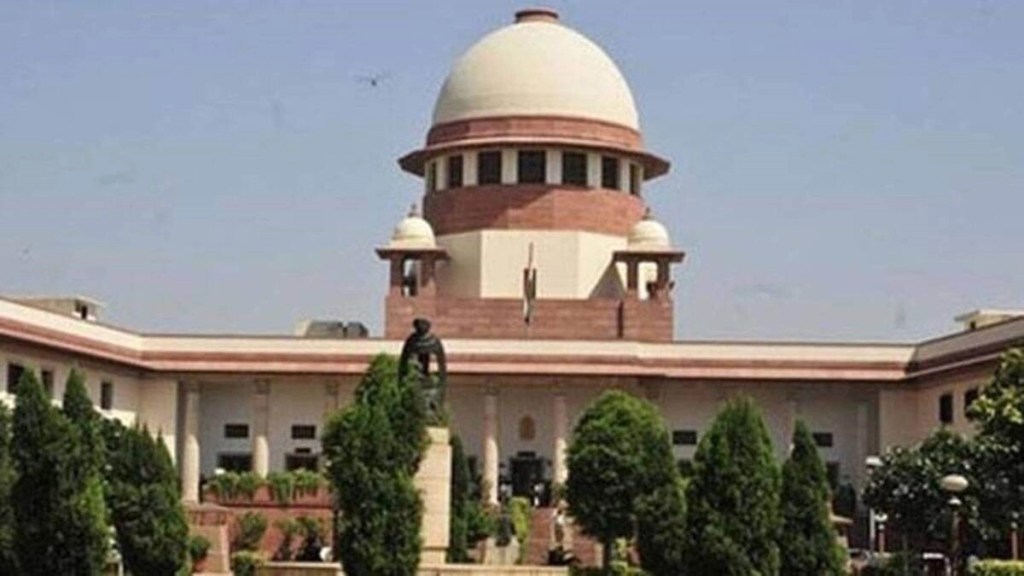The Supreme Court on Friday held that children born out of void/voidable marriages are entitled to inherit a share of the property of their parents under Hindu laws. However, such children are not entitled to the properties of any coparcener other than their parents.
The court clarified that this ruling is applicable only to Hindu joint family properties governed by Hindu Mitakshara law, Live Law reported.
Also Read: Ex-Bihar MP Prabhunath Singh gets life term in 1995 double murder case
The verdict came on a plea, pending since 2011, on the legal issue of whether children who are born out of invalid marriages were entitled to a share in the ancestral property of their parents or not.
Last month, a bench comprising Chief Justice of India (CJI) D Y Chandrachud and justices J B Pardiwala and Manoj Misra heard submissions of several lawyers on the matter. The top court also took up the question of whether the share of such children is limited only to the self-acquired property of their parents under Section 16(3) of the Hindu Marriage Act. These questions were referred to a larger bench by a two-judge bench of the Supreme Court on March 31, 2011.
Reading out the judgment today, the CJI said, “Once the share of the deceased in the property that would have been allotted to him if a partition had taken place immediately before his death is ascertained, his heirs, including the children who have been conferred with legitimacy under Section 16 of the Hindu Marriage Act, will be entitled to their share in the property which would have been allotted to the deceased upon the notional partition if it had taken place.”
Also Read: Ready for Jammu and Kashmir elections anytime, Centre tells Supreme Court
Back in 2011, the court had said the provision makes it very clear that a child of a “void or voidable marriage” can only claim rights to the property of his parents, and no one else.
The newly convened bench had disagreed with the earlier findings of the top court that such children would have no right in the ancestral properties of their parents. “With changing social norms of legitimacy in every society, including ours, what was illegitimate in the past may be legitimate today. The concept of legitimacy stems from social consensus, in the shaping of which various social groups play a vital role… in a changing society law cannot afford to remain static…,” the bench said.
According to Hindu law, in a void marriage, the parties do not have the status of husband and wife. As per the statute, husband and wife have the status in a voidable marriage. In a void marriage, no decree of nullity is required to annul the marriage. While, in a voidable marriage decree of nullity is required.
(With inputs from PTI)

